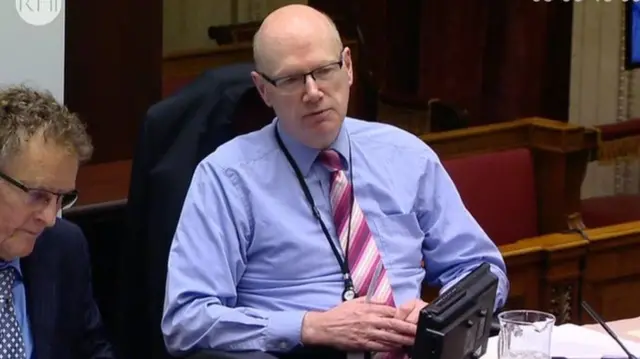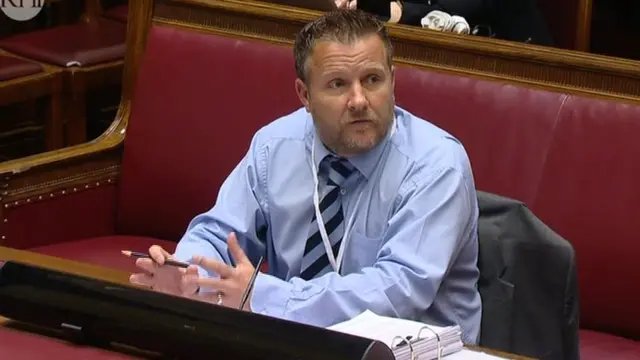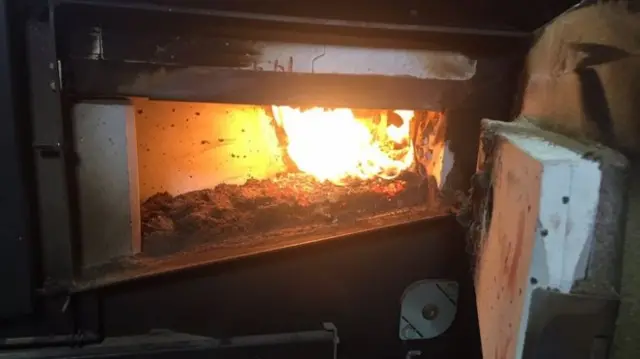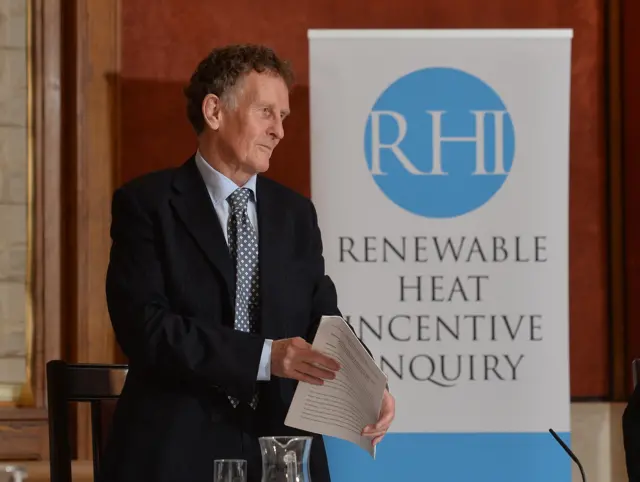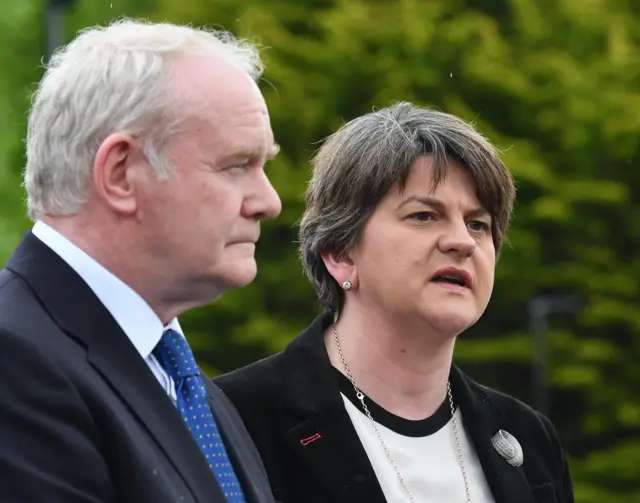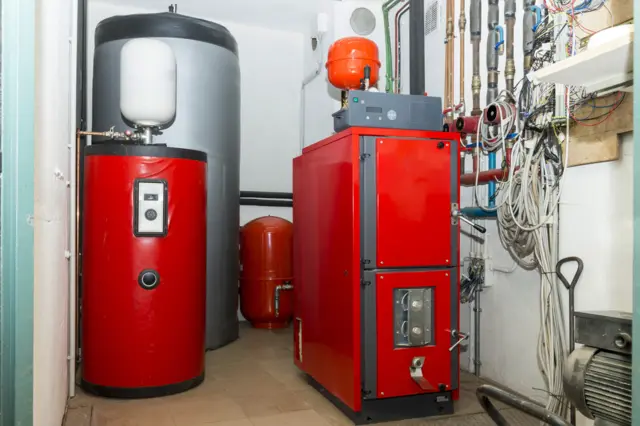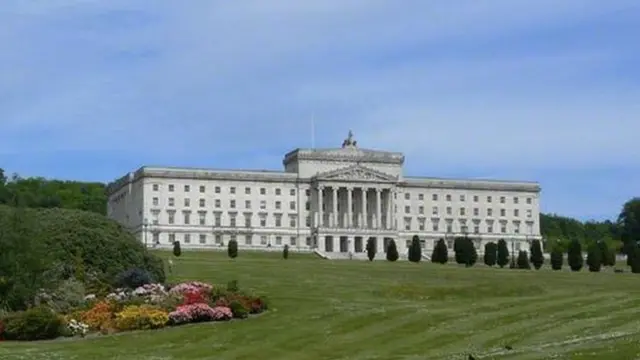'Why was minister not told about big problem?'published at 10:46 BST 8 June 2018
Dr MacLean asks how such a "major decision" to drop 16 of the planned changes to the RHI scheme could have been taken without going to the DETI minister.
And Mr Aiken asks whether it was ever drawn to the attention of the then minister Jonathan Bell (below) and his adviser that the department had a "big problem" in terms of the budget for the scheme.
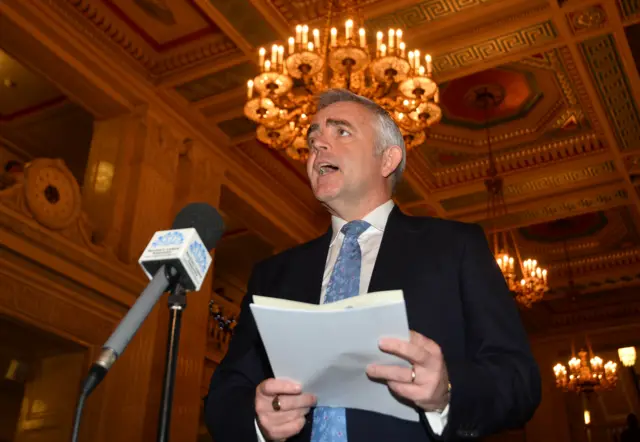 Image source, Pacemaker
Image source, PacemakerHe points out that there was a period of a month in which the minister could've been "properly briefed... through the proper process".
Mr Wightman says he was never part of any discussion with the minister but adds that it could've been raised at by someone at a higher level within that department than his.
He adds that civil servants usually wouldn't "go cold to the minister" and they had questions they had to answer themselves before raising the issue with Mr Bell.
